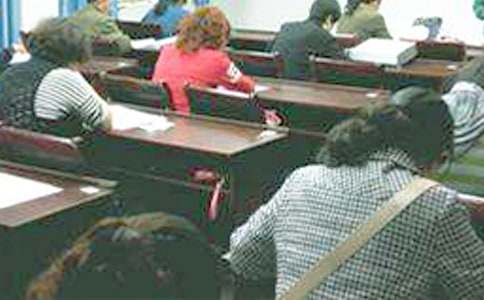2018英語四級考試閱讀理解考前練習(xí)題
Research into peoples reactions to emergencies aims to make sure there are more survivors in future.

Imagine youre stuck in a burning building, trying desperately to escape. After stumbling to the end of a smoke-filled corridor, you have to choose whether to turn left or right. The decision could determine whether you live or die but the way you make it is not as random as you might think, according to Ed Galea, professor of mathematical modelling at the University of Greenwich.
Galea has forged a career out of working out the science and psychology behind how peoples brains function in disaster zones. He has interviewed thousands of survivors, from 300 people who escaped the World Trade Center on 9/11 to plane crash and Paddington rail disaster survivors. The results of his research are used by governments, building designers and emergency workers around the world to try to plan for the effects of future catastrophes.
His latest project, funded by a 2 million European Union grant, is BeSeCu , which involves trying to understand whether culture affects the way people behave in emergency situations. The question were answering is, do people from different countries behave differently in a crisis?, says Galea. Most of the data thats used in evacuation analysis is from the UK, US and Australia. Theres an implicit assumption that people everywhere behave the same, but were not sure thats true.
【2018英語四級考試閱讀理解考前練習(xí)題】相關(guān)文章:
英語四級考試閱讀理解分析04-04
英語四級考試閱讀理解的方法08-11
英語四級閱讀理解04-04
職稱英語閱讀理解練習(xí)題11-25
大學(xué)四級考試閱讀理解技巧08-18
四級考試閱讀理解有效技巧07-24
大學(xué)英語四級考試(Cet4)的閱讀理解模擬練習(xí)題10-10
全國職稱英語閱讀理解練習(xí)題12-14
